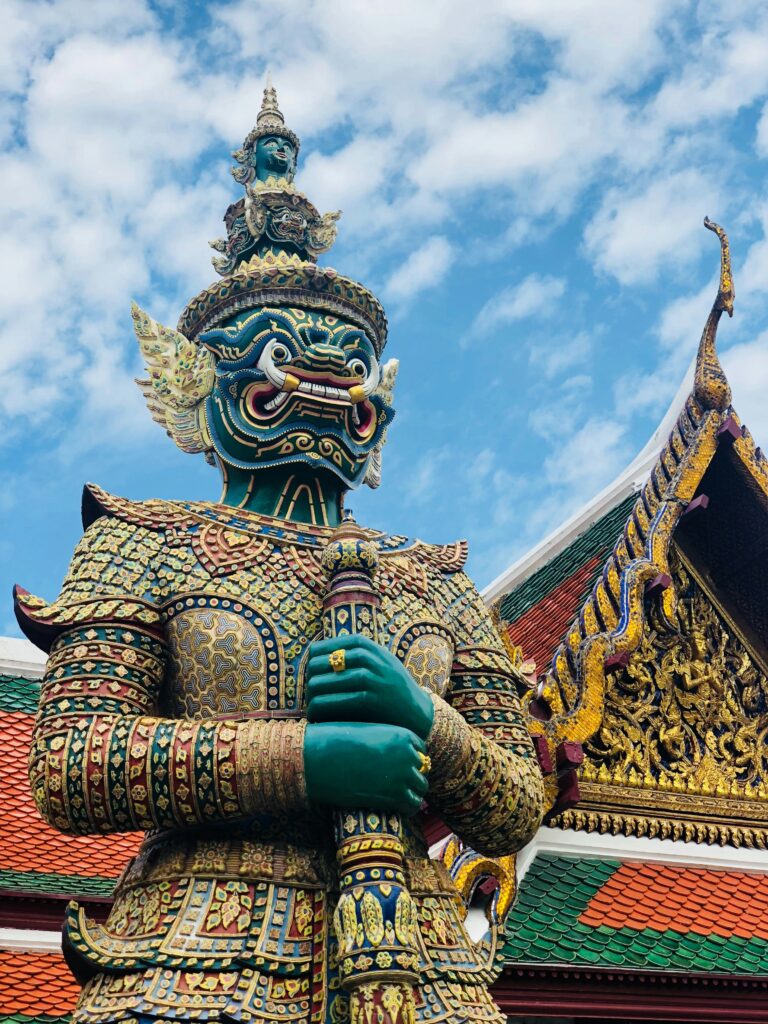Thailand’s political establishment is reeling after a leaked phone call between Prime Minister Paetongtarn Shinawatra and Cambodia’s influential former leader Hun Sen exposed internal military divisions and set off a chain reaction that may collapse the Thai ruling coalition.
The 17-minute conversation, recorded by Hun Sen and released publicly on his official Facebook page, has triggered widespread outrage in Thailand, shaken public confidence in the Pheu Thai Party, and led to the withdrawal of the Bhumjaithai Party from the government, a move that could cost Paetongtarn her position just ten months into office.
Leaked Audio, Political Fallout
In the leaked June 15 call, Paetongtarn refers to Hun Sen as “uncle” and appears to criticize her own military’s posture following a deadly border clash with Cambodian troops on May 28 that left one Cambodian soldier dead. She asked Hun Sen not to listen to “the opposite side,” referencing an outspoken Thai military commander in the northeast, and suggested the Thai army was acting outside the government’s wishes.
“What we want is to have peace just like before any clashes happened at the border,” she said. “If you want anything, just tell me and I will take care of it.”
The recording, authenticated by both governments, has been described by Thai analysts as an unprecedented breach of statecraft, diplomacy, and trust.
“This was never about real negotiation. It was political theater,” Paetongtarn said during a press conference after the leak. She apologized, saying the private call was intended to de-escalate tensions and that its release “should not have happened.”
Thailand’s Ministry of Foreign Affairs summoned Cambodia’s ambassador and issued a formal protest, calling the release of the conversation “a breach of diplomatic etiquette” that “undermined trust between the two countries.”
Though Hun Sen claimed the leak was accidental, blaming one of the 80 officials with whom he shared the recording, many believe the release was intentional. Analysts argue the move may be aimed at consolidating his son’s authority, Prime Minister Hun Manet, and galvanizing nationalist sentiment in Cambodia as tensions escalate along the border.
It also sends a clear message: Cambodia will not appear submissive to its larger neighbor, particularly after the May 28 skirmish.
“Paetongtarn compromised her position as prime minister and damaged Thai national interest by kowtowing to Hun Sen,” said Thitinan Pongsudhirak, a political science professor at Chulalongkorn University. “Her exit is a matter of time.”
Border Tensions Boil Over
Relations between Thailand and Cambodia have worsened dramatically in recent weeks. The May 28 clash in the Emerald Triangle, where Thailand, Cambodia, and Laos meet, reopened historical wounds along a long-contested border that was originally demarcated during French colonial rule.
Since the incident, both sides have engaged in military build-up and economic retaliation. Thailand seized control of border checkpoints, limited crossings, and threatened to cut electricity and internet services to Cambodian towns. Cambodia banned Thai imports and media, and filed a petition with the UN’s International Court of Justice (ICJ) over the disputed border zones, including ancient temple sites.
Thailand does not recognize the ICJ’s jurisdiction over the area and argues that large sections of the border were never properly demarcated. The situation evokes memories of the 2011 clashes near the 11th-century Preah Vihear temple, which resulted in the deaths of at least 20 soldiers and the displacement of thousands.
Domestic Crisis and Military Fractures
Internally, the leak has exposed what many already suspected, a rift between Thailand’s elected government and the country’s powerful, largely autonomous military. Paetongtarn’s remarks in the recording suggest she does not have full control over military policy or border decisions, a dynamic that undermines her leadership and national unity.
The scandal lands at a precarious time. Thailand is negotiating a trade deal with the United States to avoid harsh tariffs, its economy remains fragile, and nationalist sentiment is rising.
Now, with her coalition weakened and her authority challenged both at home and abroad, Paetongtarn faces the possibility of resignation or forced removal. If she steps down, it would mark the latest chapter in Thailand’s long-running cycle of civilian governments falling under pressure from internal fractures and geopolitical crises.

Outlook
This is more than a diplomatic embarrassment. It is a textbook example of how private diplomacy, when politicized, can become a national liability. Thailand’s next move will be closely watched not only in Phnom Penh but across ASEAN and by strategic observers in Washington and Beijing.
The question now is whether Thailand can stabilize its leadership fast enough to avoid further escalation with Cambodia, or if this crisis is only beginning.
